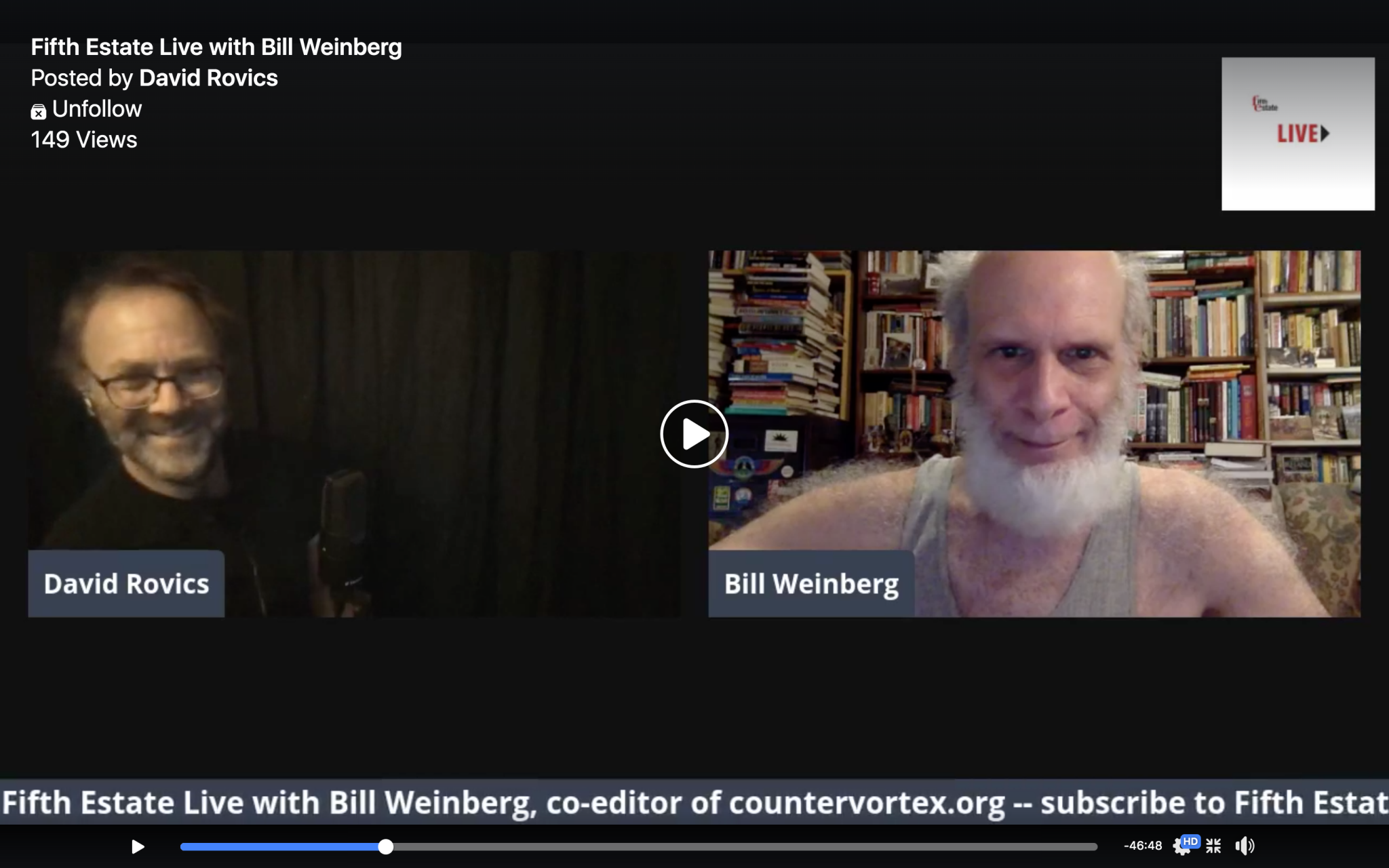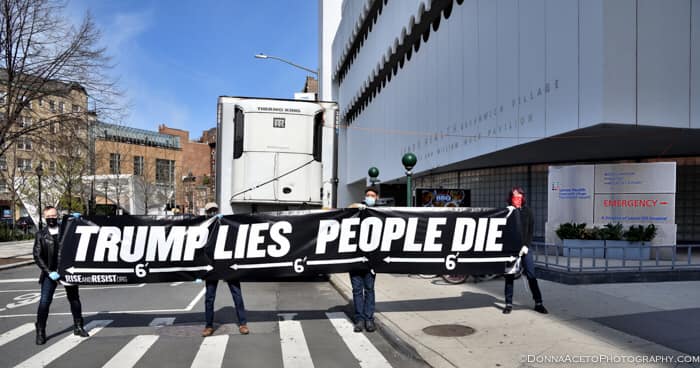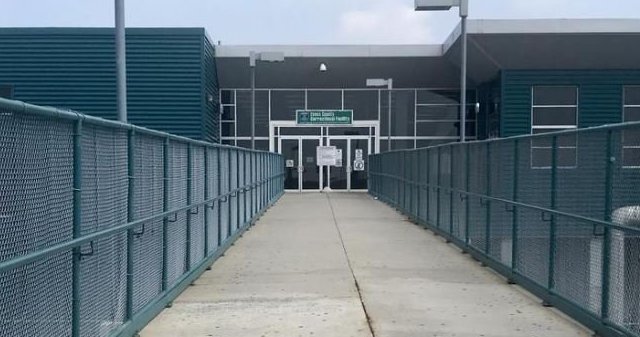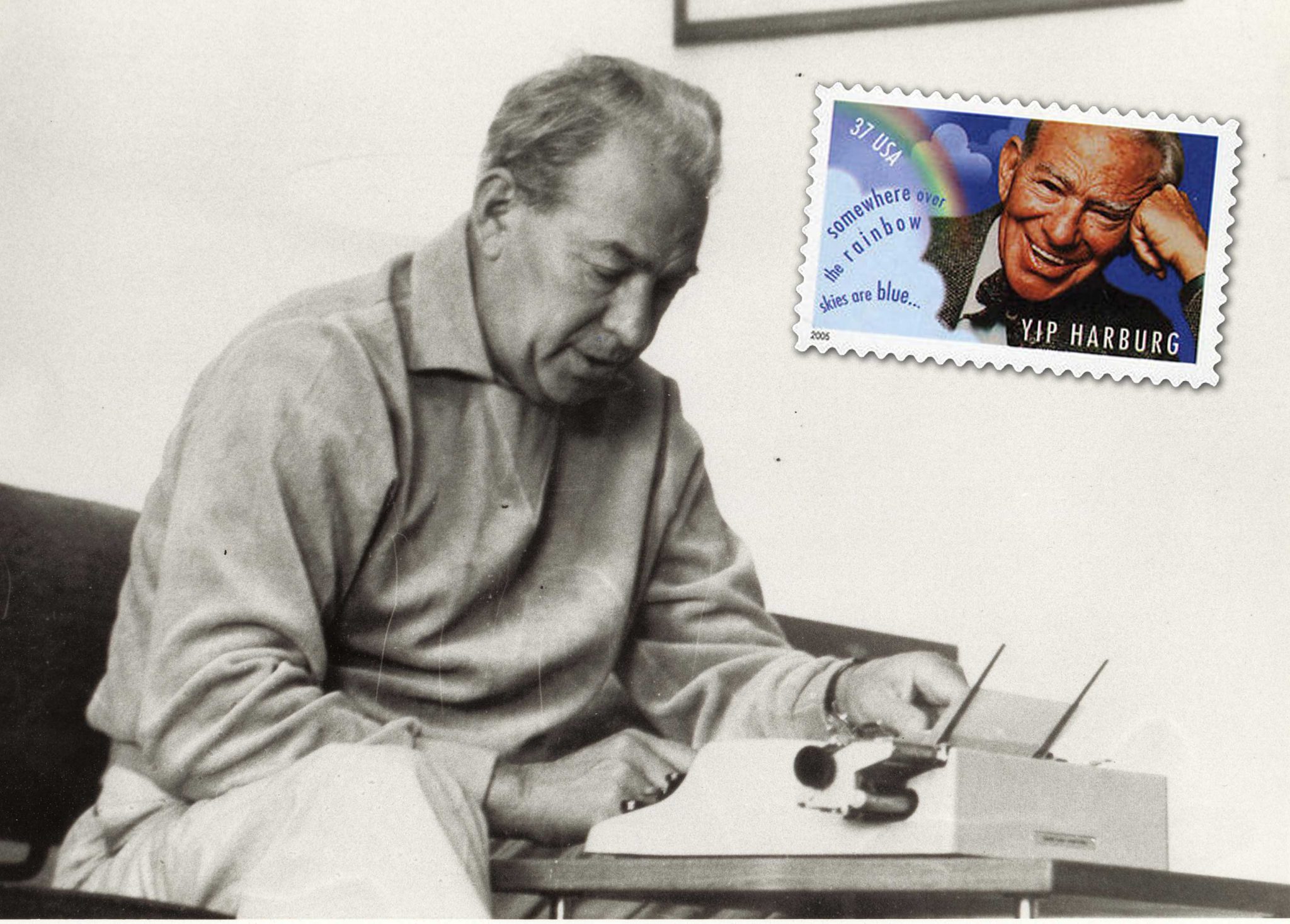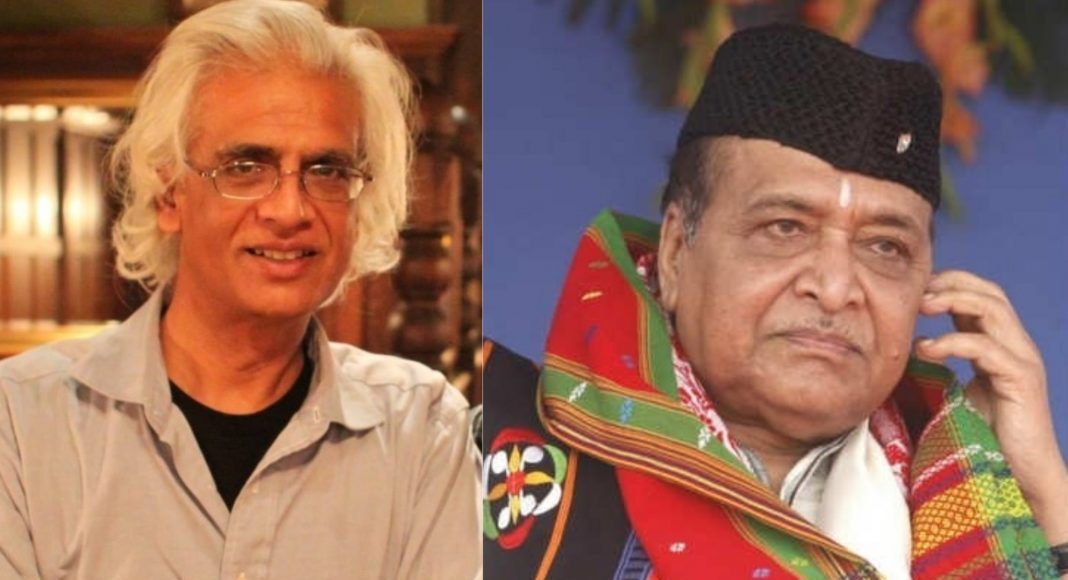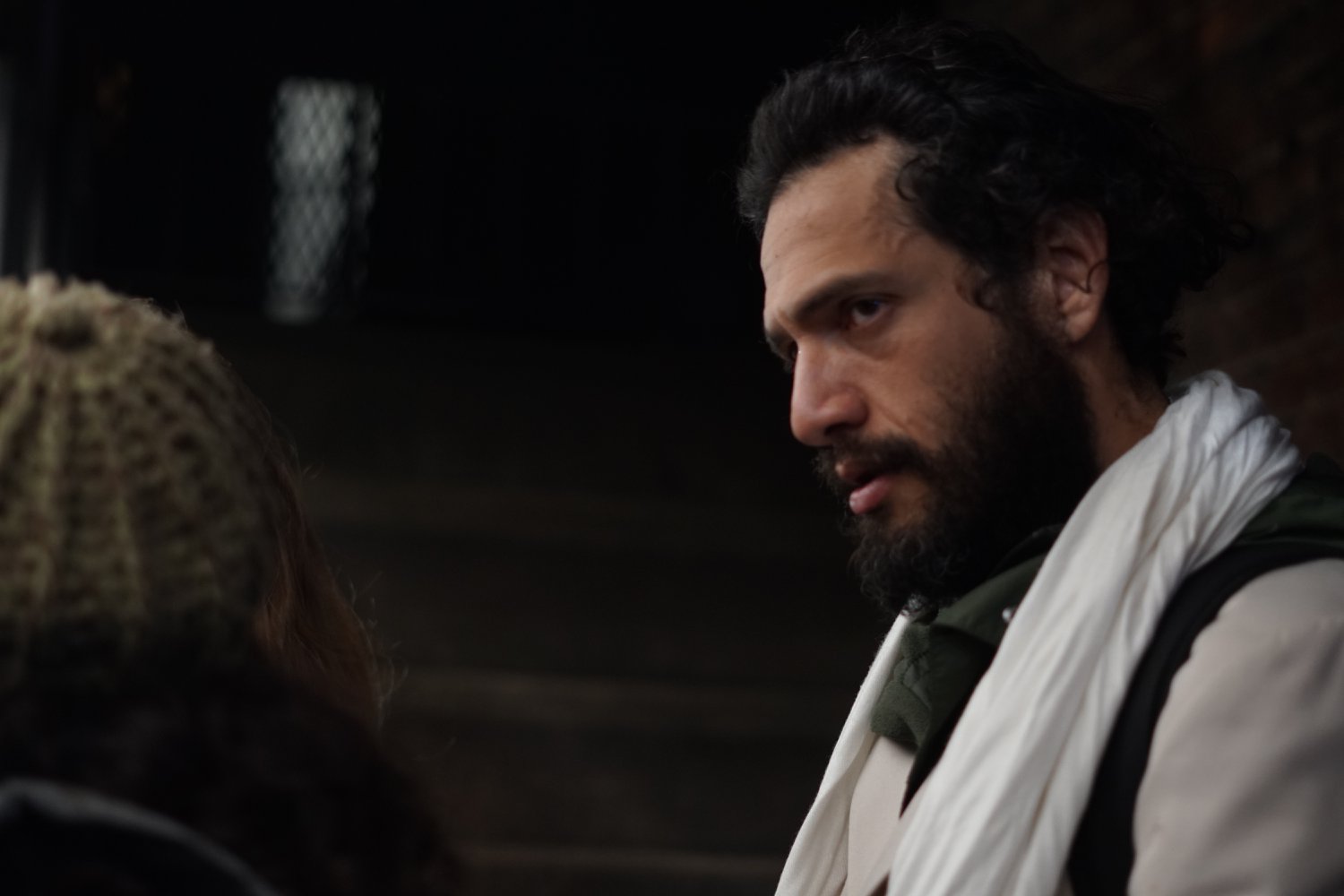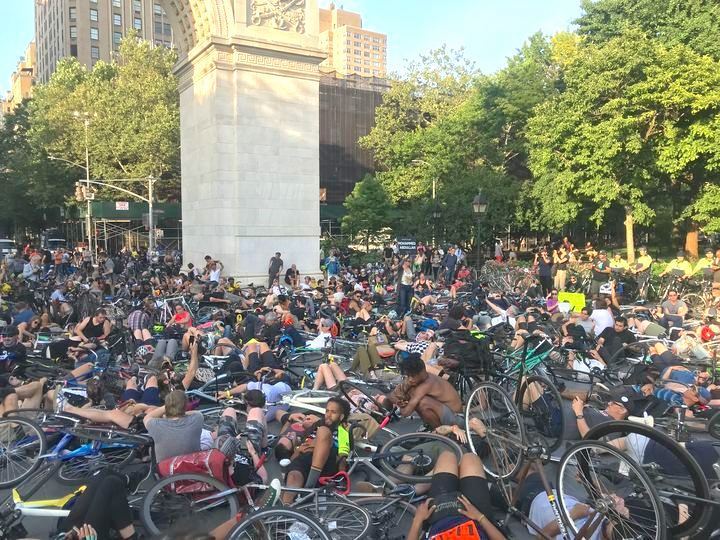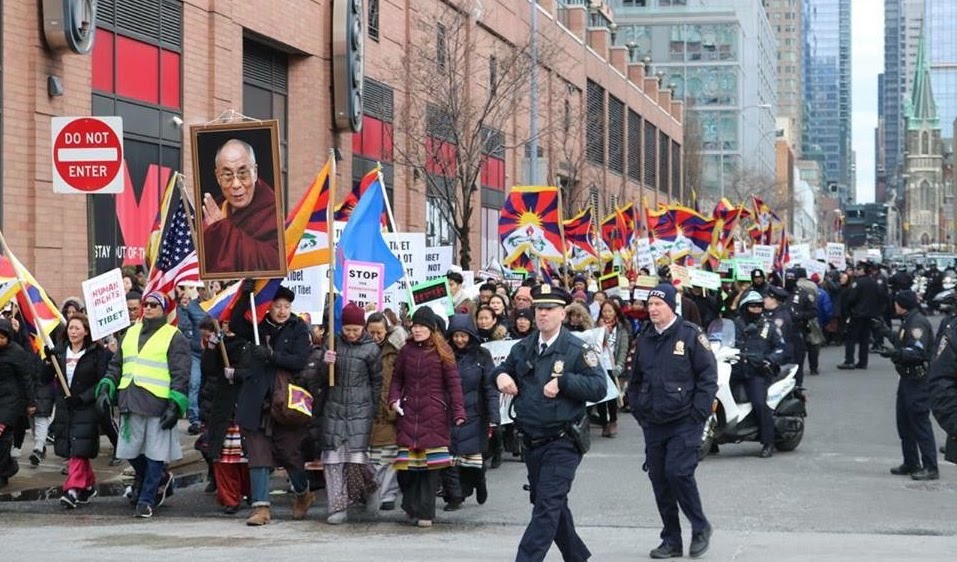
Cop spied on NYC Tibetans for China: feds
An NYPD officer and Army reservist was arrested by federal authorities on charges that he has been acting as an agent of China’s government and surveilling Tibetans living in the New York City area. Baimadajie Angwang of Nassau County worked as a community liaison officer at the 111th Precinct in Queens and held a “secret” security clearance as a member of the Army Reserves at Fort Dix, according to court documents. Prosectuors say Angwang, a native Tibetan and naturalized US citizen who served three tours in Iraq and Afghanistan, sent information to officials at the Chinese consulate in Manhattan about the activities of local ethnic Tibetans. Angwang was allegedly working with officials at the consulate since 2014, including one who was part of the Chinese Communist Party’s United Front Work Department, responsible for “neutralizing sources of potential opposition” to the government of China, court documents state. (Photo: Central Tibetan Administration)



